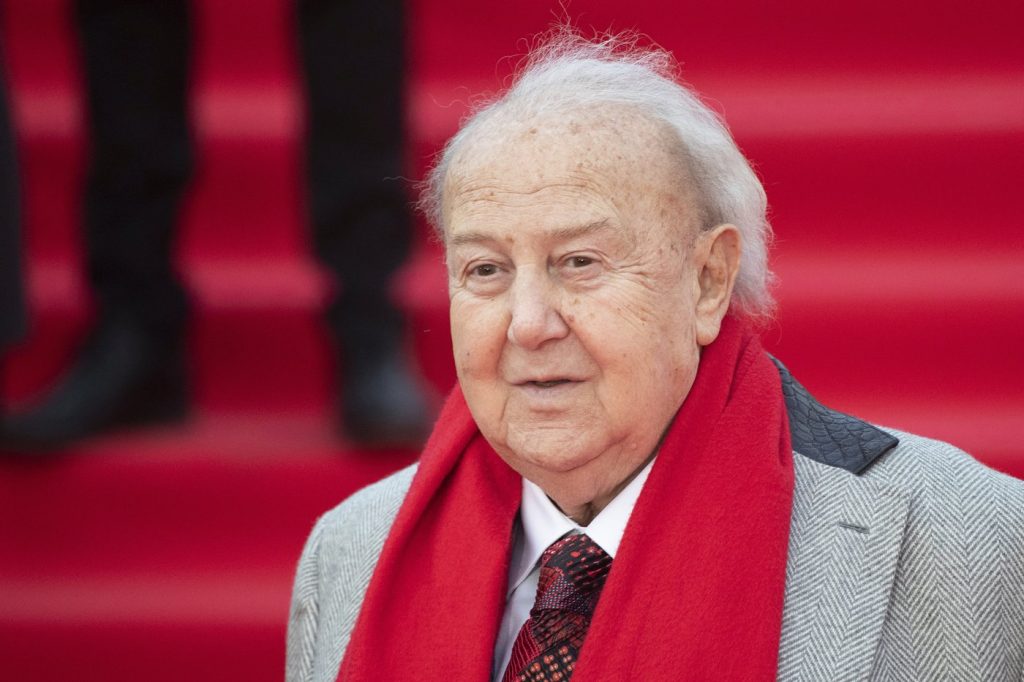MOSCOW (AP) – Zurab Tsereteli, a highly influential Georgian-Russian sculptor renowned for his enormous and often contentious monuments, passed away at the age of 92 early on Tuesday. His assistant, Sergei Shagulashvili, confirmed that Tsereteli suffered a cardiac arrest.
Born on January 4, 1934, in Tbilisi, which was part of the Soviet Union at that time, Tsereteli's artistic journey began in the 1970s when he took on the role of art director for the Soviet Foreign Ministry. This position allowed him to travel extensively and decorate various Soviet embassies. Notably, he was also involved in the design of Mikhail Gorbachev's summer house located in Abkhazia.
In a 2013 interview, Tsereteli reflected on his career, stating, "I don’t know why they chose me. But I went through a good school – maybe that’s why. A school that synthesized architecture and monumental art! I had good teachers." His work gained significant visibility when, in 1989, a monument he designed was erected in London, followed by another unveiling at the United Nations headquarters in New York in 1990.
After the dissolution of the Soviet Union in 1991, Tsereteli relocated to Moscow, where he established a strong rapport with then-mayor Yuri Luzhkov. This relationship proved advantageous, providing him with regular and lucrative commissions. He designed several public squares and two metro stations in central Moscow, alongside erecting approximately a dozen large monuments throughout the city.
Despite being celebrated for his work, Tsereteli's distinctive artistic style often drew criticism both in Russia and abroad. Many critics contended that his pieces were excessively large and did not harmonize with the existing architecture of the cities where they were placed. One of his most polarizing works was a 98-meter-tall statue of Peter the Great, standing on a disproportionately small ship, erected near the Kremlin in 1997, which incited protests among local residents.
Tsereteli also attempted to construct a similar monument to Christopher Columbus in New York. In 1997, it was reported that Donald Trump, who was then a private citizen, supported Tsereteli's plans. However, the city authorities ultimately rejected the proposal. His ambition to place the Columbus statue met with further rejections from Columbus, Ohio, and Miami, leading to its eventual installation in Puerto Rico.
In recognition of his contributions, Russian President Vladimir Putin awarded Tsereteli Russian citizenship in 2003 "for special services to the Russian Federation." However, Tsereteli's influence waned after Luzhkov’s dismissal as Moscow mayor in 2010. The new city administration began favoring Western architects for major urban projects, relegating Tsereteli to the sidelines.
Nonetheless, Tsereteli maintained his role as president of the Russian Academy of Arts and continued as the director of the Moscow Museum of Modern Art, a institution he founded in 1999. His extensive legacy includes approximately 5,000 pieces of art located in Russia, Georgia, and several other countries.










